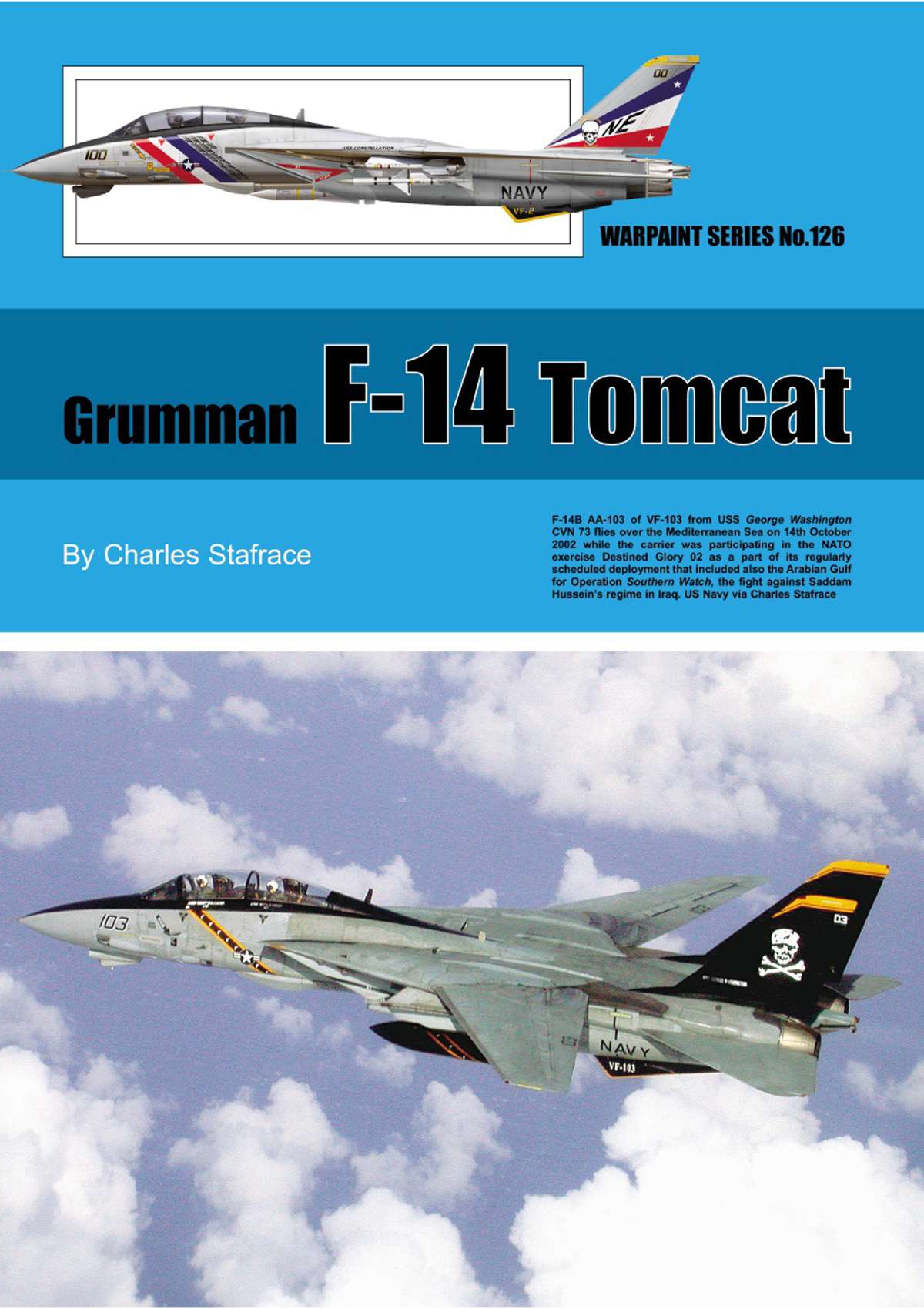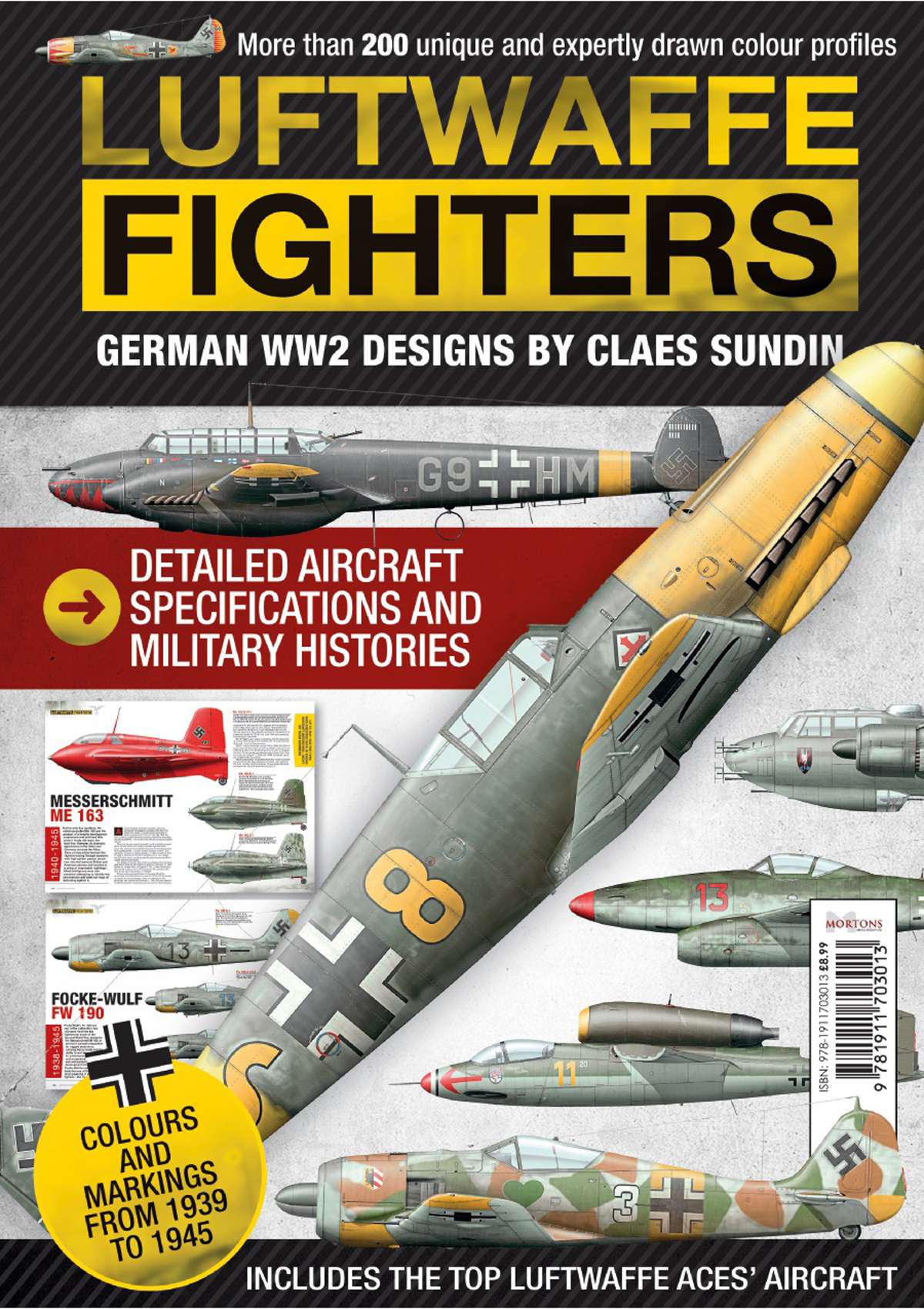Grumman F-14 Tomcat
By Charles Stafrace
The US Navy embarked on the VFX fighter programme when it became obvious that the weight, engine and manoeuvrability issues plaguing F-111B, the naval variant of the Tactical Fighter Experimental (TFX), would not be resolved to the Navy's satisfaction. The Navy requirement was for a fleet air defence fighter whose primary role was intercepting Soviet bombers before they could launch missiles against the carrier battle group. The Navy strenuously opposed the TFX, which incorporated the US Air Force's requirements for a low-level attack aircraft that were not required by the Navy.
Grumman came up with a solution in the form of their F-14 Tomcat, a supersonic, twin-engine, two-seat, variable-sweep wing aircraft. But what made the Tomcat head and shoulders above all other fighters was its AWG-9 weapons control radar married to the superlative AIM-54A Phoenix air-to-air missile. The Tomcat was all the US Navy required, and the F-111B episode was soon forgotten. The F-14A was the first version of the Tomcat, and it entered US Navy service in 1972 with VF-1 and VF-2 and first deployed overseas on USS Enterprise in 1974, gradually replacing the later versions of the F-4 Phantom on the US carriers' decks.
All this is explained in detail in this new Warpaint title, a 124-page account of America's most famous fighter of recent times, that contains no fewer than 280 photos, ten pages of colour profiles, scale plans, fourteen information tables and a text that give exact details of every squadrons, details of all deployments with carrier, CVW, dates and destination, conversions to later versions, and many other information as now expected from titles by author Charles Stafrace, supported by superb artwork by John Fox.






